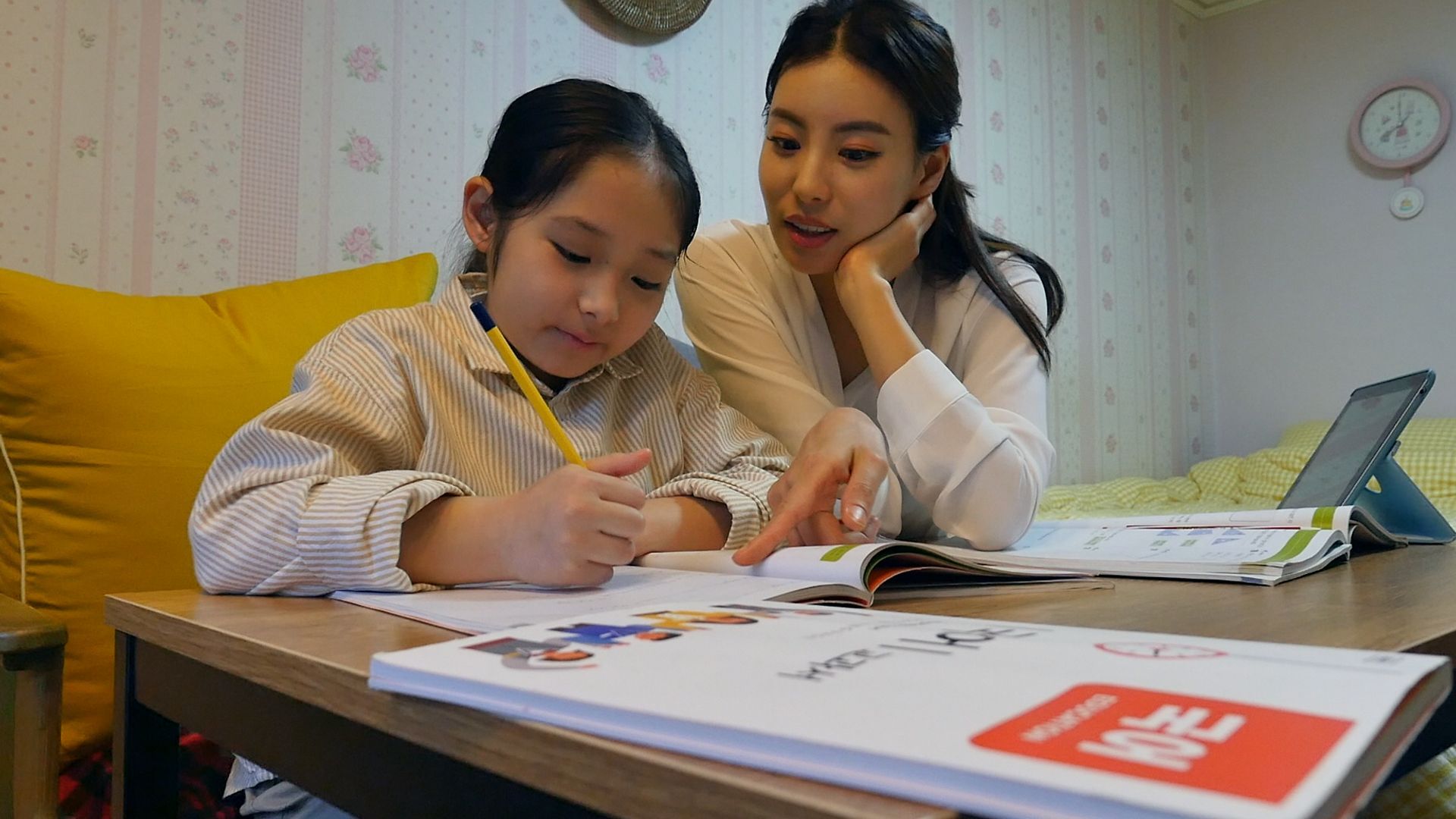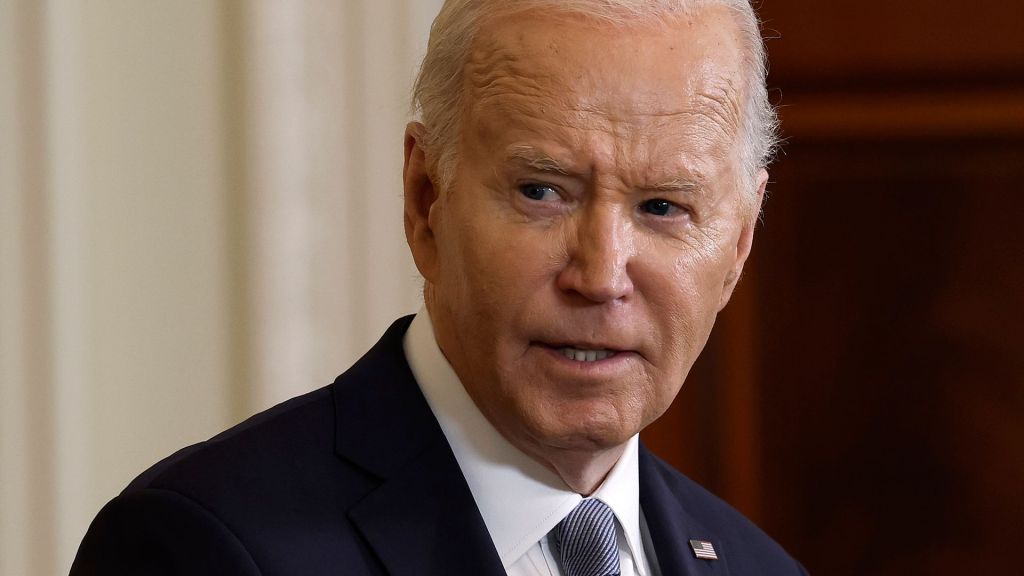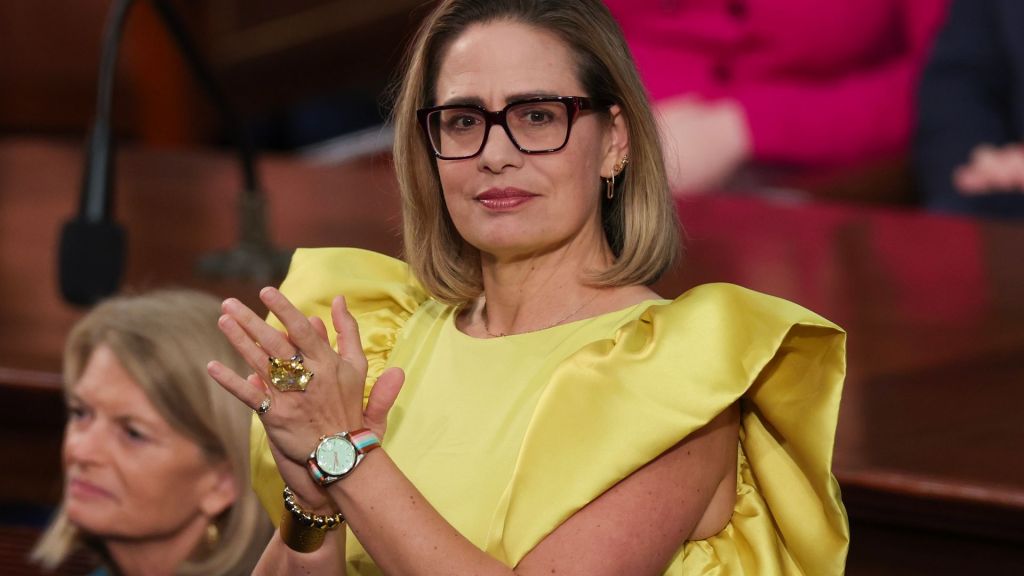
[craig nigrelli]
WITH ONE OF THE WORLD’S LOWEST FERTILITY RATES, SOUTH KOREA IS FACING A POPULATION CRISIS. IN AN ATTEMPT TO ADDRESS ITS DWINDLING BIRTHRATE AND SEVERE CHILD CARE WORKER SHORTAGE, THE COUNTRY HAS LAUNCHED A NEW PILOT PROGRAM, HIRING CAREGIVERS FROM OUTSIDE THE COUNTRY TO HELP FAMILIES STRUGGLING WITH CHILD CARE COSTS.
THE PROGRAM was launched in august and it BROUGHT 100 FILIPINO CAREGIVERS TO SEOUL TO SUPPORT FAMILIES WITH CHILDREN UNDER 12 OR THOSE EXPECTING A BABY. THE CAREGIVERS WORK FULL-TIME OR PART-TIME, EARNING AROUND $7 AN HOUR—THE COUNTRY’S MINIMUM WAGE.
SEOUL’S MAYOR INTRODUCED THE INITIATIVE AS A LIFELINE FOR DUAL-INCOME FAMILIES, MANY OF WHOM ARE PUTTING OFF HAVING CHILDREN DUE TO RISING CHILD CARE COSTS. BUT THE PROGRAM HIT A SNAG WHEN TWO CAREGIVERS QUIT THEIR JOBS, CITING LONG COMMUTES AND A STRICT DORMITORY CURFEW AS REASONS FOR LEAVING.
THE TWO WORKERS WERE DETAINED BY SOUTH KOREAN IMMIGRATION AUTHORITIES AFTER TAKING UNDER-THE-TABLE CLEANING JOBS, AND THEY WERE DEPORTED SHORTLY AFTER.
IN RESPONSE, THE CITY MADE CHANGES TO IMPROVE WORKING CONDITIONS. THE CURFEW WAS SCRAPPED, COMMUTING DISTANCES WERE REDUCED, AND WAGES ARE NOW BEING PAID MORE FREQUENTLY.
HOWEVER, CRITICS ARGUE THAT THE PROGRAM IS ONLY A SHORT-TERM FIX. MANY SAY IT DOESN’T ADDRESS THE BIGGER ISSUE: THE OVERWHELMING BURDEN OF CHILD CARE STILL FALLS MOSTLY ON WOMEN, DISCOURAGING MANY FAMILIES FROM HAVING MORE CHILDREN.
WHILE THE GOVERNMENT HOPES THE PROGRAM WILL EASE THE CHILD CARE BURDEN FOR SOME, QUESTIONS REMAIN ABOUT WHETHER IT’S ENOUGH TO PROVIDE A LONG-TERM SOLUTION TO THE COUNTRY’S POPULATION CRISIS.
FOR MORE OF OUR UNBIASED — STRAIGHT FACTS REPORTING — DOWNLOAD THE STRAIGHT ARROW NEWS APP OR VISIT US AT SAN – DOT – COM.











